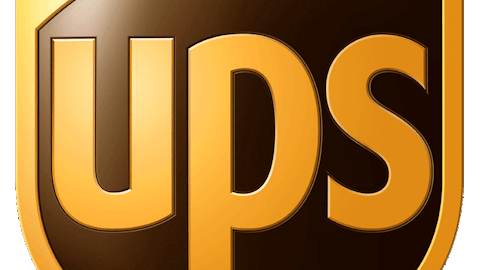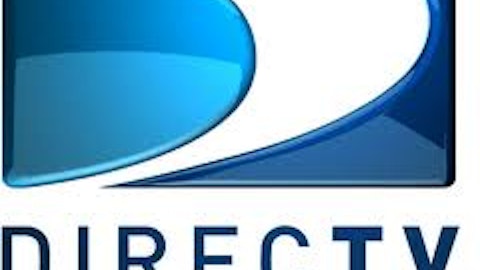Table – Top Ten Authorizations

Which company is the most compelling?
Another key is the time frame of the authorization. After all, the biggest complaint about authorizations is that it does no good if never implemented or executed over a lengthy time period. Also, the management team could be attempting to prop up the stock price by making a large, market moving announcement.
With the key being buybacks per year, lets review the buybacks of the stocks announcing reductions of more than 10%.
The Home Depot, Inc. (NYSE:HD) – the company plans to repurchase $17 billion over three years leaving the yearly buyback amount at around $5.7 billion. Even at that level, the buyback amounts to a nearly 6% reduction in shares outstanding at current market cap levels.
United Parcel Services, Inc. (NYSE:UPS) – the company increased an existing buyback program to $10 billion. It set no expiration date on the program although the plan was targeted at $4 billion for 2013. So again the planned amount has a 2-3 year time frame suggesting a yearly reduction of 5-6% of the shares.
Texas Instruments Incorporated (NASDAQ:TXN) – while the authorization in February was for $5 billion, it actually increased the total amount to $8.4 billion. The company wasn’t specific on the timeline for spending the total $8.4 billion, but one can assume that it will be multiple years considering the sizable balance remaining on the previous program.
DIRECTV (NASDAQ:DTV) – the company wasn’t as specific on the time frame for the $4 billion buyback, but the last two years the repurchases were over $5 billion each year suggesting the amount could be for 2013 only. That amounts to a nearly 13% reduction in shares outstanding for this year alone.
Lowe’s Companies, Inc. (NYSE:LOW) – the company set no expiration date for the $5 billion buyback program though it stated a goal of using the full amount within two years. Based on the repurchase of $4.35 billion in 2012, one could assume a good portion will be spent in 2013. The potential is for a buyback that ranges in the 6-10% of outstanding shares.
Bottom line
Based on a high level review of the large authorized buyback programs, one can quickly see why most investors prefer the consistent dividends to the unknowns of buybacks. All of the companies reviewed have a history of following through on announced plans, but the amount actually utilized can be a huge unknown. In a lot of ways, the ideal situation would be for a company to use the programs on stock dips instead of blindly buying even as the stock rises.
Based on the reviews, it appears that DIRECTV (NASDAQ:DTV) and Lowe’s Companies, Inc. (NYSE:LOW)’s have the potential to buyback the largest percentage of outstanding shares this year. With Lowe’s soaring in the last year, DirecTV probably has the best potential for the buybacks to be accretive to shareholders. Ultimately, investing in the company that has the largest actual buyback in the last 12 months provides the best sign of value.
Investors though should be concerned that a few more months of top buyback authorizations could be another sign of a market top.
The article Is Record Stock Buyback Authorizations Bad for the Market? originally appeared on Fool.com and is written by Mark Holder.
Copyright © 1995 – 2013 The Motley Fool, LLC. All rights reserved. The Motley Fool has a disclosure policy.

